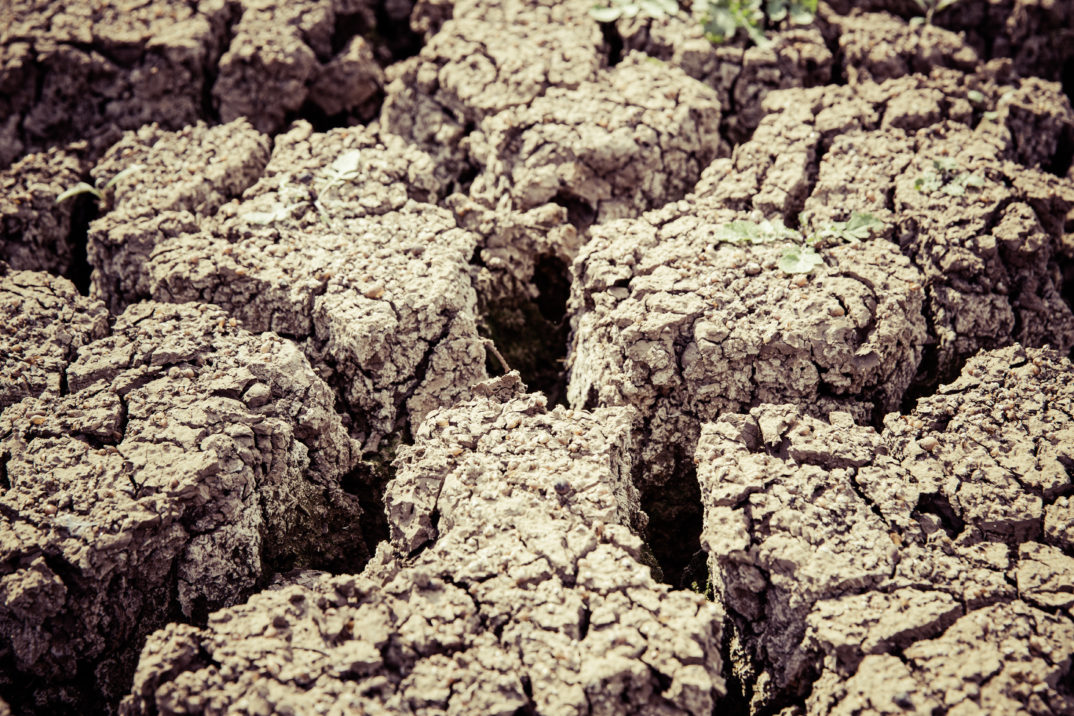Since my news article about the context of coronavirus numbers was published, the number of reported cases has increased seven-fold. Schools have closed down as education becomes virtual. The vast majority of workers have been told to stay home. Social distancing has become the new norm. As I sit here in social isolation–hopefully like many of you–I think about how I ought to react to this pandemic.
As one individual, there is little about this pandemic that is within my control. I am avoiding physical social contact, I am washing my hands, I am heeding the advice of my government, and I am keeping myself informed. I am doing my best to neither contract nor spread the virus, especially because I am intimately familiar with the concern for those with weak immune systems. But I cannot control the course of the pandemic nor how my government or fellow civilians respond.
My life has been disrupted through no fault of my own. My academic year has ended prematurely. My days are now confined to my bedroom. Trips, job searches, post-grad plans, living arrangements, and much more have been cancelled or put on hold. Everything is uncertain. For many, life is on pause but time continues to move. It is a strange feeling. Shouldn’t I be upset? Shouldn’t I be disappointed? Shouldn’t I be anxious, worried, panicked?
Or should I be stoic? Or better yet, Stoic? Stoicism is a philosophy that prioritizes rational thought over emotion and argues that contentment is found when one’s natural role is realized and acted out.
What would the famously non-emotional Stoics of Antiquity say if I were to ask them, “How should I respond to the disruption this pandemic has caused me?” One might find the answer to this question in Marcus Aurelius’ Meditations.
The Roman emperor writes, “A bitter cucumber? Throw it away. Brambles in the path? Go round them. That is all you need, without going on to ask, ‘So why are these things in the world anyway?’” (Med., 8). This pandemic has caused many bitter cucumbers and brambles in the path. But, the Stoics would argue, there is no reason to question their occurrences. By doing so, you make the cucumber more bitter and the bramble more obstructive.
Aurelius continues: “Remember, that as it is a shame for any man to wonder that a fig tree should bear figs, so also to wonder that the world should bear anything, whatsoever it is which in the ordinary course of nature it may bear” (Med., 8.13). These seemingly random and disruptive events are a natural facet of life. If and once you understand that, there is no reason to toil over the events’ occurrence just as you would not toil over a fig tree bearing figs.
But the ethics of Stoicism is not without magnificently substantial flaws. Aurelius argues, “Whatsoever doth happen in the world, doth happen justly” (Med., 4.8). I pity the person who is charged with making the case that the spread of COVID-19 is somehow just. He continues:
“Nothing can happen unto thee, which is not incidental unto thee […] As nothing can happen either to an ox, a vine, or to a stone, which is not incidental unto them; unto every one is his own king. If therefore nothing can happen unto anything, which is not both usual and natural, why art thou displeased?” (Med., 8.45).
The philosophy holds that everything is predetermined, which is absurd. The lack of an emotional response to crises is justified by the notion that every event is essential. You should not fret about crises because a crisis would not happen to you if you were not equipped to handle it. That which occurs to you is within your nature to occur to you; therefore, why be upset that it is occurring to you? Hmm. I am not satisfied. Nor should you be. One possible implication of endorsing this position is to have no coordinated response to the pandemic whatsoever.
But there is something useful to be disentangled from this wonky, possibly illogical view of nature: Understand what is within your control and adjust your mindset accordingly.
“Let thy chief fort and place of defence be, a mind free from passions. A strong place and better fortified than this, hath no man,” writes Aurelius. “Keep thyself to the first bare and naked apprehension of things, as they present themselves unto thee, and add not unto them.” (Med., 8.46-47).
In other words, keep your mind free from the subjective values you assign to an event. Do not allow your mind to be consumed by emotions felt with regard to the event lest the event cause you even more disruption or pain as a result.
To illustrate this advice, the Roman emperor asks you to suppose someone is speaking ill of you. The fact that someone is speaking ill of you is indisputable. But the degree of the offense or hurt that the speech causes depends on your reaction to it.
The fact that the pandemic has caused school closures, employment displacement, uncertainty about the future is indisputable. But the degree to which those realities affect your emotional and mental well-being depends on your reaction to it. How you react is within your control. Best not to add additional suffering.
In one passage particularly pertinent to our current situation, Aurelius observes: “Hath not yet experience taught thee to fly from the plague? For a far greater plague is the corruption of the mind, than any certain change and distemper of the common air can be” (Med., 9.2).




